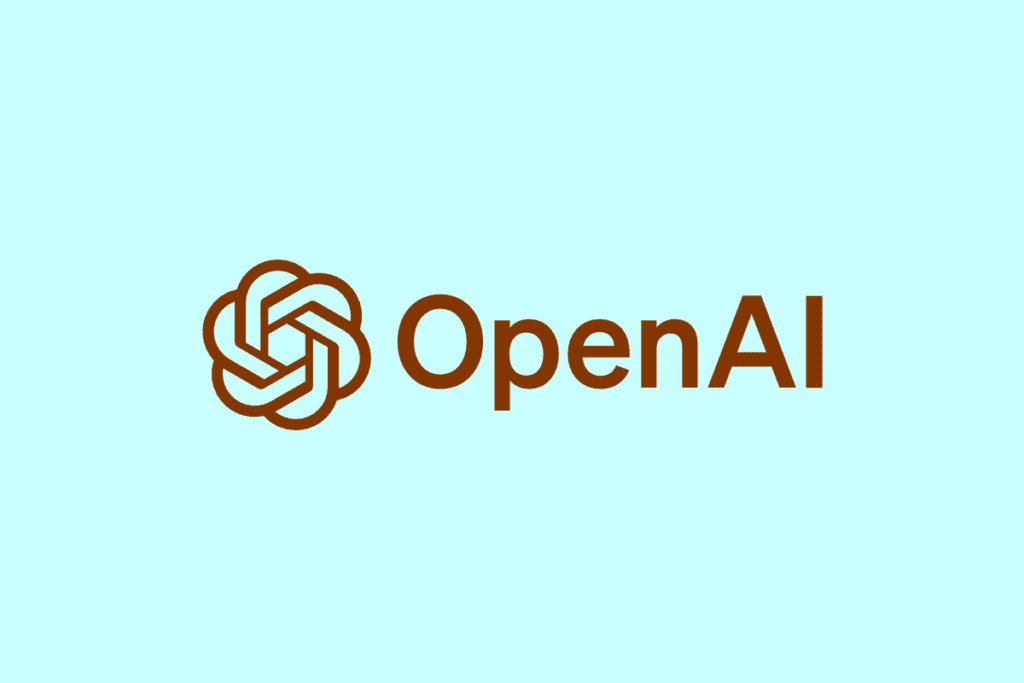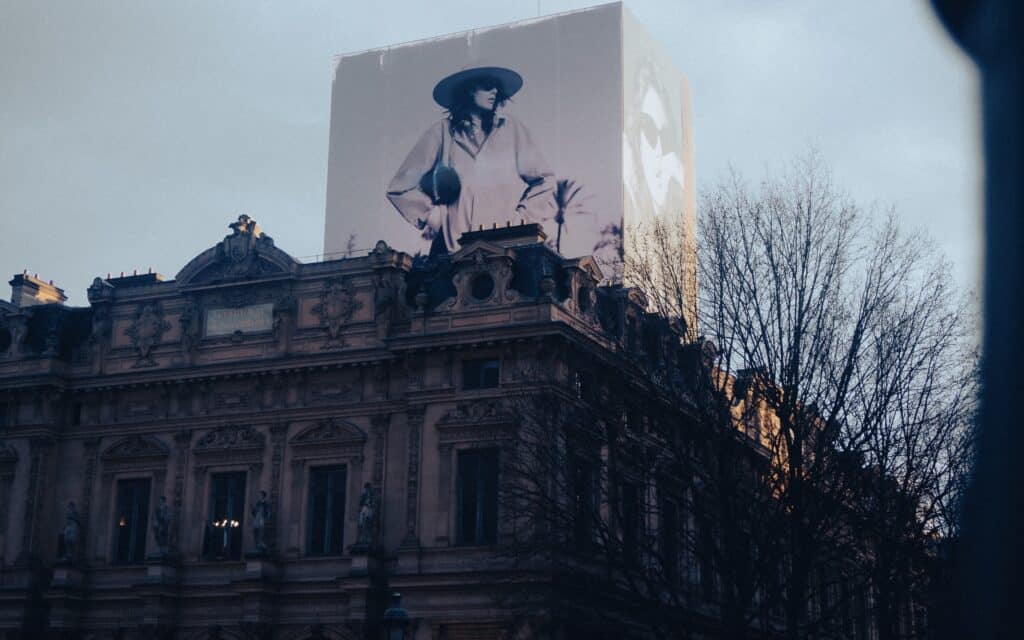A federal court in California handed OpenAI a partial win in the latest round of the trademark infringement and fraud lawsuit that it waged against an identically-named but unaffiliated third party last year. In the order that she issued on Wednesday, Judge Yvonne Gonzalez Rogers of the U.S. District Court for the Northern District of California sided with OpenAI, finding that Open Artificial Intelligence, Inc. and its founder Guy Ravine (collectively, “Open Artificial Intelligence”) fell short in alleging their trademark infringement and false advertising counterclaims.
Setting the stage in her order, Judge Rogers stated that in the trademark dispute at hand, “each party alleges that it is the senior user of its mark – plaintiffs’ OpenAI (no space) versus defendants’ Open AI (with a space). Both parties operate websites that utilize AI tools. Both also have pending applications to register their respective marks with the United States Patent and Trademark Office; as of the date of this order, neither has been accepted for registration on the principal register.”
By way of additional background, Judge Rogers noted that she granted motion for a preliminary injunction filed by OpenAI in an early round of the lawsuit after finding in February that the AI titan is “likely to succeed on the merits and be irreparably harmed” by Open Artificial Intelligence’s continued use of the trademark. Specifically, Judge Rogers highlighted the following findings from her injunction order …
> Plaintiff “is likely to prove that it was a bona fide user of the disputed mark since at least September of 2022, if not earlier, and that its mark by that point was at least suggestive.”
> Plaintiff “has presented credible evidence that defendants did not use their mark in commerce, if at all, until recently” and that plaintiff likely “has the priority claim over the disputed mark.”
> There is “substantial evidence [that] defendant only launched a competing product in November of 2022,” and that “they have no protectible interest in their mark.”
In the wake of the injunction order, Open Artificial Intelligence filed false advertising and trademark infringement counterclaims, and in addition to monetary damages, is seeking: (1) a declaration from the court that it owns the “Open AI” mark; (2) an order from the court blocking two trademark applications for registration for the “OpenAI” word mark that OpenAI filed with the U.S. Patent and Trademark Office on the grounds that the ChatGPT creator’s mark is “impermissibly misdescriptive” in light of the closed-source nature of its model; and (3) injunctive relief to stop OpenAI’s alleged infringement.
A Mixed Motion to Dismiss
In her September 25 order, Judge Rogers granted part of a bid by OpenAI to get Open Artificial Intelligence’s counterclaims in the lawsuit tossed out …
False advertising: Turning first to Open Artificial Intelligence’s false advertising counterclaim, the court found that the company failed to identify “any actionable commercial speech.” Judge Rogers stated that as “the court noted at oral argument that even taking a broad view of this requirement, ‘there isn’t a single statement in the complaint that tethers itself to the specific promotion of goods or services.’” Since both federal and state claims require commercial speech to make a false advertising claim actionable, the court granted OpenAI’s motion to dismiss these claims.
Trademark Infringement: In furtherance of its trademark infringement claims, Open Artificial Intelligence argued that the name “OpenAI” will confuse users of OpenAI’s products into believing that the company relies on open-source technology when that is not the case. Yet, Judge Rogers held that Open Artificial Intelligence falls short here, as it has not presented “any nonconclusory statement showing confusion.” In fact, “when pressed at argument to identify evidence of confusion,” Judge Rogers said that counsel for Open Artificial Intelligence pointed to statements from two individuals who complained that the OpenAI mark was “misdescriptive.”
Even if the statements of two individuals were sufficient to allege a likelihood of confusion (they are not, according to the court), the statements actually demonstrate a lack of confusion, as the individuals “are keenly aware of the distinction between being ‘open’ versus not.” Since “knowledge and complaints do not equal confusion,” the court granted OpenAI’s motion regarding the trademark infringement claims – albeit without prejudice, thereby, giving Open Artificial Intelligence the ability to replead such claims should it be able to allege actual evidence of customer confusion.
The court also stated that it is not prepared to grant a motion to dismiss on the additional grounds that the plaintiffs raise, including with “regards to arguments of distinctiveness and secondary meaning, which are factual questions that in this case, lie at the heart of the parties’ dispute.”
Declaratory Judgment: Open Artificial Intelligence is seeking a judgment from the court that: (1) its “use of the Open AI mark does not infringe, either directly or indirectly, any trademark rights of OpenAI, Inc., and that [it is] not liable for any damages or other relief”; (2) it has “not violated and is not infringing any trademarks under the laws of the State of California and is not liable for any damages or other relief”; (3) it is “the true and rightful owner of trademark rights for the Open AI mark”; and (4) OpenAI’s “[i]nfringing mark is impermissibly misdescriptive and that OpenAI, Inc. thus owns no valid trademark rights in the infringing mark.”
The court said it will keep the claims for declaratory relief in place, as they are “‘the opposite side of the coin” from the plaintiffs’ own claims, [and thus,] litigating the one will necessarily involve litigating the other.”
Cancellation: Finally, in a relatively confusing section of the court’s order, which is subtitled, “Cancellation,” Judge Rogers stated that Open Artificial Intelligence has asked the court to “cancel plaintiff OpenAI’s mark.” The mystifying part stems from the fact that the judge stated in an earlier portion of the order that neither of the parties maintains a trademark registration for their respective OpenAI marks, and then she went on to write that “a district court may cancel a mark that is deceptively misdescriptive.”
Since trademarks, themselves (as distinct from trademark registrations), cannot be cancelled, it is safe to assume that Open Artificial Intelligence wants the court to block two trademark applications for registration for the “OpenAI” word mark that OpenAI filed with the U.S. Patent and Trademark Office on the grounds that the ChatGPT creator’s mark is “impermissibly misdescriptive” in light of the closed-source nature of its model.
Either way, the court determined that the “conclusory statements” that Open Artificial Intelligence makes in connection with its counterclaims are “wholly insufficient to demonstrate valid ground why OpenAI’s trademark should be cancelled,” and thus, the court granted OpenAI’s motion to dismiss – again, without prejudice in the event that Open Artificial Intelligence can replead such claims to show that a valid ground exists.
The case is OPENAI, INC. v. Open Artificial Intelligence, Inc. et al., 3:23-cv-03918 (N.D. Cal.)














